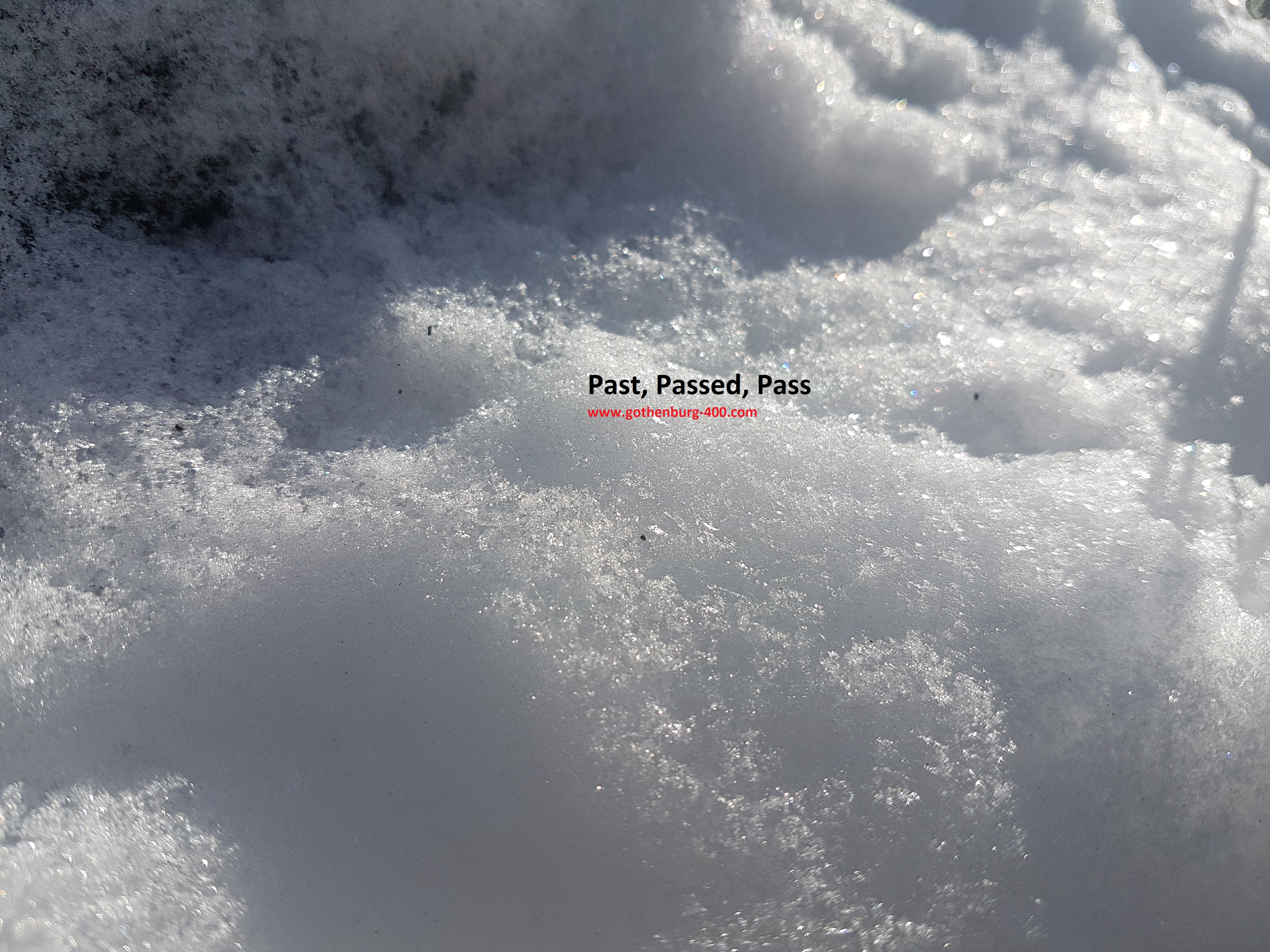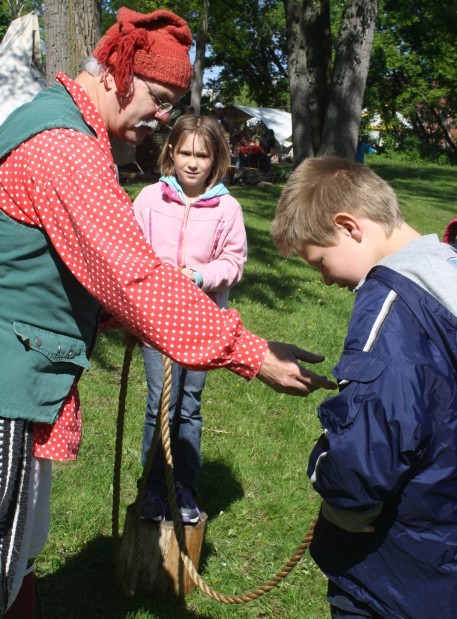
For more posts about words, idioms, grammar, and usage, like us. It is perfectly common and acceptable to say 'he passed' or 'he passed away' when you mean 'he died' because the context will make it clear what you mean. Change "I passed your house" to "I will pass your house," and you find that passed becomes will pass. The verb 'pass' has many different meanings, and the context helps us understand which meaning is intended. Change "I drive past your house" to "I will drive past your house," and you find that past remains the same. By putting a sentence in the future tense you can see which you want. To keep past and passed straight, remember that past always has the same form, while passed is one of the forms of the verb pass.

If this pair has given you trouble in the past, we recommend you give this article a passing glance from time to time. The kids will both pass out in front of the TV. It's the past tense of the verbal phrase pass out, which we can see clearly in the future tense: So, if you’re talking about waiting for someone (as shown in the examples above), it’s correct to use the past. Past: We use past when we want to talk about a period of time that has just gone by recently. In short, the difference is derived from the degree. However, as a noun, the word past is the time before the present. The difference between them lies in the fact that as an adjective, past references to a time that existed before. The kids were both passed out in front of the TV. Last: We use last when we want to talk about a period of time which is the final phase of a certain activity or event. As a noun, it means the period that preceded the present. The phrase for when someone has lost consciousness or fallen asleep is passed out: Past remains unchanged, but passed changes to will pass.īoth words appear in idioms as well.

To see which word is the one you want, put the same sentences in the future tense and see what happens: The way to keep them straight is to remember that past only ever has that form, but passed is really just a version of the verb pass, so it can take the forms pass, passes, or passing as well. If you pass a park on a drive through town and want to talk about it later you can say either of the following: The words sound identical, though, and they occupy some of the same semantic territory, which can make it really hard to keep them straight. Why are units of measurement singular in compound adjectives, e.g.Since 'passed' is just a version of the verb 'pass,' it can take the forms 'pass,' 'passes,' or 'passing' as well. Why don't some contractions work in certain places? That is, why can't we answer the question "Is she coming?" with "Yes, she's"?

Why do I sometimes see are with company or team names, as in "Apple are announcing a new iPhone"? Why do I sometimes hear constructions like needs washed or needs looked at? Is it "between you and me" or "between you and I"? How do I indicate possession when something belongs to two people? Should I use a or an before this word, acronym, or initialism? Looking for books about grammar, style and conventions? Check out our list of resources. Past has multiple functions: adjective (in past years), adverb (walked past me), noun (in the past), or preposition (past his prime). Every top-level comment must accurately answer OP's question and provide a thoughtful, knowledgeable explanation based on evidence.

r/grammar is a friendly and knowledgeable community dedicated to helping posters with questions about grammar, language, style, conventions and punctuation.


 0 kommentar(er)
0 kommentar(er)
